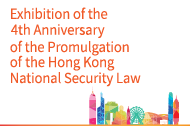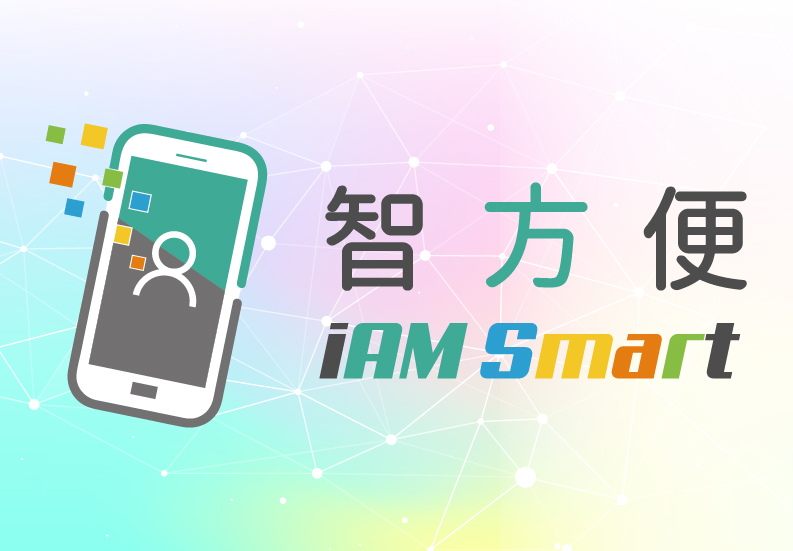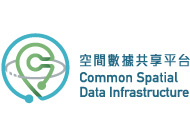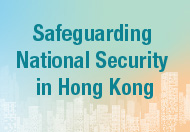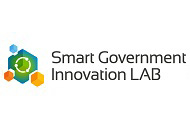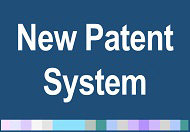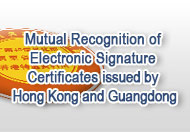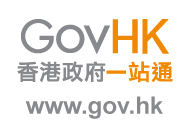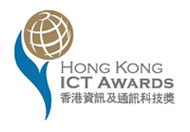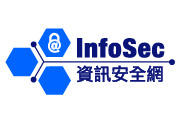Speech by Mr Daniel Cheung, JP, Deputy Commissioner (Digital Infrastructure), at the “Hong Kong Institute of Bankers Cybersecurity Solutions Day 2025” (with photo)
Carrie (Chief Executive Officer of Hong Kong Institute of Bankers (HKIB)), Philip (Chief Institute Development Officer of HKIB), distinguished guests, ladies and gentlemen,
Good morning! It is both an honor and a privilege to address you all today at this premier event, where we gather to tackle the critical cyber challenges facing our financial sector.
In an era marked by rapid technological advancement and increasing digitalisation, the financial industry stands at a crossroads. The integration of technology into the financial systems has brought forth remarkable opportunities for innovation and efficiency. It has also introduced complex risks that we must confront head-on. Cyber threats are evolving at an unprecedented pace, and it is our collective responsibility to safeguard the integrity and security of our financial systems.
As we navigate this landscape, we must recognise that cybersecurity is not merely a technical issue, it is a fundamental aspect of our national security and economic health. Cybercriminals are becoming more sophisticated, employing advanced tactics to exploit vulnerabilities in our systems. Therefore, we must invest not only in cutting-edge technologies but also in the skills and training of our personnel. A well-trained workforce is always our first line of defense against cyber threats.
As we all aware, AI plays a pivotal role in the area of cybersecurity, particularly within the financial sector. By harnessing AI, we can analyse vast amounts of data, detect anomalies, and respond to threats in real-time. By leveraging advanced algorithms and machine learning, we can identify patterns that human analysts might miss, allowing us to proactively address potential vulnerabilities before they escalate into significant issues.
The establishment of the Cyberport's AI Supercomputing Center (AISC) is a significant step forward in this journey. Not only does it provide advanced computing capabilities to drive industry development, but it will also serve as a cradle for nurturing talent in AI. The AISC will offer a platform that brings together computing power, data, and algorithmic talent. Coupled with the launch of the Cyberport’s AI Lab, this initiative will provide an innovative platform for our AI ecosystem, connecting relevant applications, exploring product innovation, and facilitating technology integration. This will promote greater technology transfer and application, injecting new momentum into Hong Kong's high-quality economic development.
In line with these advancements, the government is committed to supporting this mission. To further promote the development of AI, we have recently launched a $3 billion AI Subsidy Scheme. This initiative will support local institutions, research and development centres, and enterprises in utilising the capabilities of the AISC, empowering technological innovation and industry development.
Now let’s shift our focus to another vital area, I would like to emphasise the importance of robust data governance. The Digital Policy Office (DPO) has recently launched a thematic web page on data governance. This web page serves as a one-stop resource detailing the government’s data governance policies, including principles, strategies, guidelines, and technical standards. This initiative follows the Policy Statement on Facilitating Data Flow and Safeguarding Data Security in Hong Kong, which has been promulgated by the Innovation, Technology and Industry Bureau (ITIB).
It is crucial that the opening up, sharing, and application of data are conducted in compliance with relevant laws and regulations, ensuring the protection of personal data privacy, with appropriate authorisation for personal data sharing.
Moreover, data security forms the foundation of any open data and data sharing initiatives. We must ensure that the security and protection of data content are prioritised, including safeguards on the sharing, flow, and usage of data. Additionally, different types of data require tailored governance principles to effectively balance the opening up, utilisation, and protection of that data. These efforts support government departments and society in leveraging data more effectively for their development, ultimately enhancing the quality and reliability of data in our financial institutions.
The connection of Hong Kong's industries with Mainland business partners has led to rising demand for cross-boundary services and data flow. The ITIB and the Cyberspace Administration of China (CAC) signed a “Memorandum of Understanding to facilitate cross-boundary data flow within the Guangdong-Hong Kong-Macao Greater Bay Area (GBA)”. This memorandum marks a significant policy breakthrough, aiming to leverage data flow for digital economic development while ensuring the protection of personal privacy and data security.
As a key facilitation measure under this memorandum, the ITIB and CAC jointly announced the “Standard Contract for Cross-Boundary Flow of Personal Information within the Greater Bay Area”. This standard contract promotes the safe and orderly cross-boundary flow of personal information within the GBA, without affecting the supervisory and regulatory roles of the Office of the Privacy Commissioner for Personal Data in ensuring compliance with the Personal Data (Privacy) Ordinance (PDPO). More importantly, this measure extends to all sectors, encouraging more cross-boundary services that bringing convenience and benefit to both the public and businesses while facilitating data flow throughout the region. It can lower the cost of compliance arrangement in data flow, which further promotes the digital economy and research development in the GBA. We encourage individuals and organisations which need to arrange the cross-boundary transfer of personal information between Mainland and Hong Kong to adopt the GBA Standard Contract and file it with the DPO.
As we engage in discussions today, I urge you to focus not only on the challenges we face but also on the opportunities that lie ahead. The financial sector is uniquely positioned to lead in cybersecurity innovation. By sharing knowledge and collaborating across industries, we can create a robust framework that enhances our collective resilience.
I look forward to the fruitful discussions and collaborations that will emerge from this important event. Let us seize this opportunity to shape the future of cybersecurity together. Thank you!
- ENDS -








